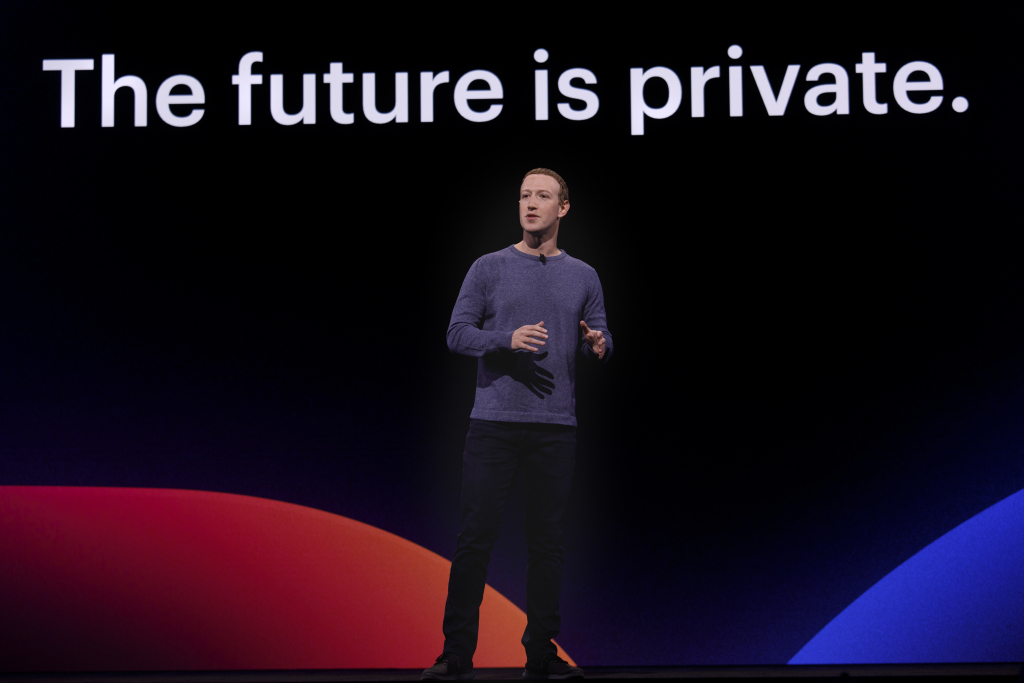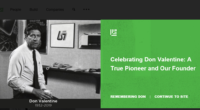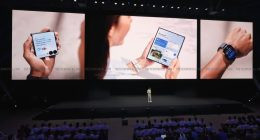Shortly after the launch of Facebook News, Facebook CEO Mark Zuckerberg and News Corp CEO Robert Thomson gathered at Paley Media Center in New York City for a candid conversation on role of media on Facebook’s new service.
Zuckerberg said that that Facebook News can reach 20 to 30 million people in the coming few years, which will further expand to the international markets in future;
He said:
It’s very clear that the work that the news industry does is … critical for democracy. This is gonna be the first time ever that there is a dedicated space in the [Facebook] app focused on some high-quality journalism … [and] the first time we’re making multi-year financial commitments. We’ve gotten these secondary tabs to work.
Facebook News was rolled out today for specific users of United States to present them with news updates directly via home screen tab or bookmark on the mobile app. The new feature will showcase curated articles from various journalists as well as the news which algorithm finds of their interest.
Zuckerberg said;
I think in a lot of ways, local papers have probably been hit the hardest … I don’t think that [there’s even been one] sustainable business model around news. [That’s why we’re] forming partnerships around this news tab and we’re going to include that [local] content.
Zuckerberg stressed that Facebook will not provide News data to advertisers. However, he did openly show his interest in providing the news publishers with the engagement behaviors of their paid subscribers to provide them with worthy content.
Facebook stated that the news curators are free from any editorial intervention, and will be able to publish their content as long as they abide by its publishing guidelines. The personalized contents featuring on users feed will be picked via algorithm, for which the user will have the authority to block at their will.
Zuckerberg further said that the News tab would not work like a person saying ‘I’ll follow the New York Times’ or ‘I’ll follow Fox News’ and then they get content from [those publications]. Rather, there would be a team of people who are choosing which content to show, which creates a … dynamic where we have a reason to go out and pay for that content to get it into the system so that we can choose to show it.
Zuckerberg denied that Facebook or any of its subsidiaries, such as Instagram, tune their algorithms for engagement. He said:
I basically [prohibit] any of our teams … from optimizing the systems to encourage the maximum engagement,” he said. “What we do [instead is that] we optimize … for facilitating as many meaningful interactions between people as possible.
However, he did admit that their have been mistakes at their end, stressing that it had taken his company quite some time to get appreciation for what the right way to support high-quality journalism. He also said that Facebook wanted as much of the [ad] revenue as possible to go directly to publishers and fund high-quality journalism.





